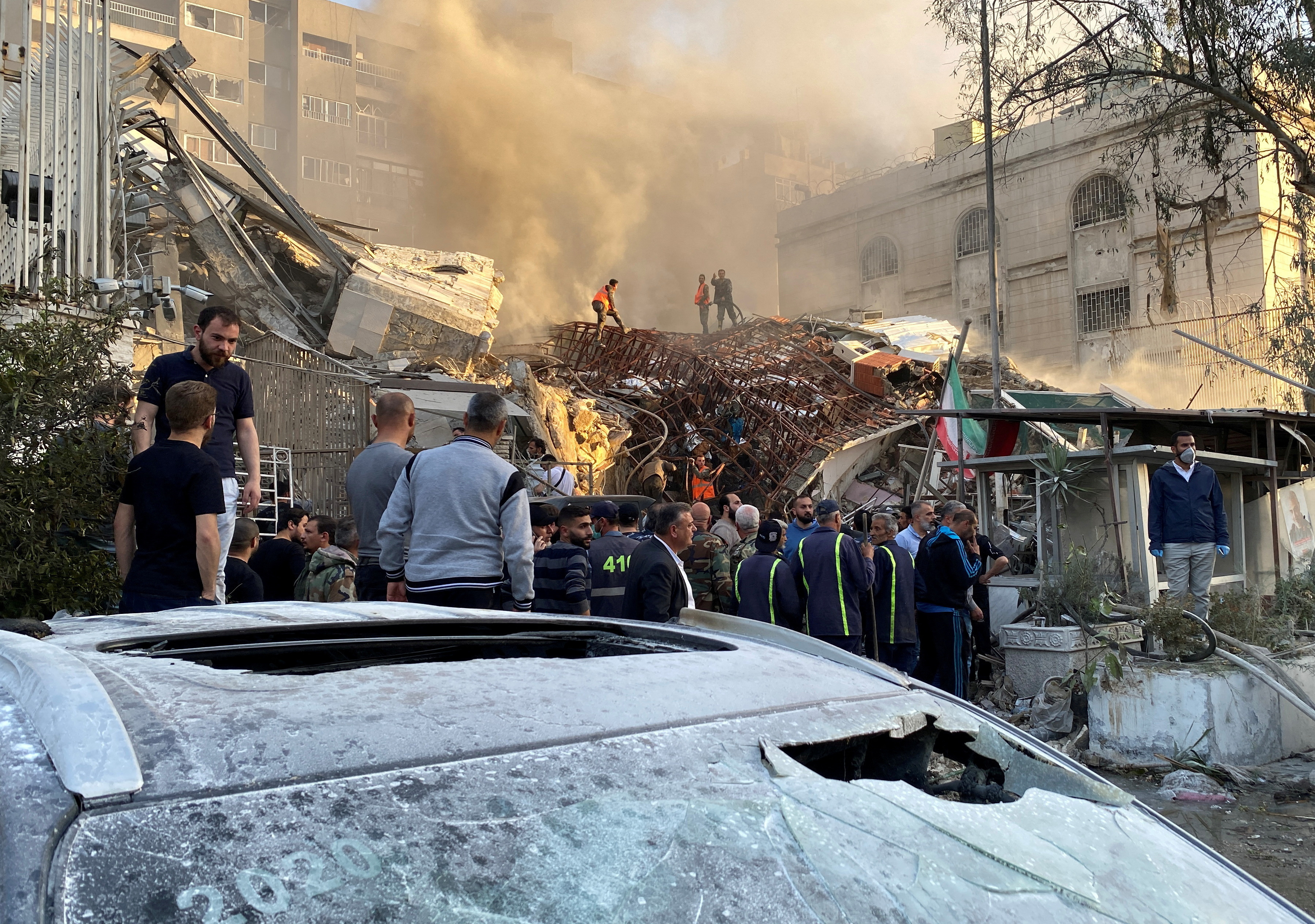
This attack marks a significant escalation in the already tense relationship between the two regional powers. It is the second such assault this year, with a similar missile barrage reported earlier in April. The recent missile strikes come amid broader tensions in the region, with Iran ramping up its military activities across multiple fronts, including its ongoing support for proxy groups in Lebanon, Syria, and Yemen.
In his statement, Netanyahu emphasized Israel's readiness to act swiftly and forcefully, indicating that military action could be imminent. Israeli officials have highlighted the strategic implications of this missile attack, interpreting it as a clear message from Tehran that it is willing to directly confront Israel. The country's defense apparatus has been on high alert, with additional military deployments and intelligence operations focused on countering potential threats from Iran and its allied militias.
The attack also reverberated across the region, with various Arab nations expressing concern over the increasing volatility. Several countries have urged both sides to exercise restraint, fearing that the conflict could spiral into a larger regional war involving multiple actors, including Hezbollah, which has also engaged in hostilities against Israel in the past. The involvement of proxy forces, including those backed by Iran, has complicated the situation further, making it a multi-dimensional conflict that could have far-reaching consequences for regional security.
Iran, for its part, justified the missile strikes by claiming that Israel had crossed "red lines" through its covert operations and airstrikes against Iranian assets in Syria. Tehran has maintained that it will continue to target Israeli military infrastructure in response to what it describes as Israeli provocations. This rhetoric has been a recurring theme in the ongoing conflict, with both countries frequently trading threats and engaging in military skirmishes through intermediaries in other conflict zones.
The international community has reacted with a mix of condemnation and calls for de-escalation. The United States, a close ally of Israel, reiterated its support for Israel’s right to defend itself but also called for a diplomatic resolution to prevent further violence. European leaders echoed similar sentiments, expressing concern about the potential for broader instability in the Middle East. They urged both nations to engage in dialogue and avoid further provocations that could lead to an all-out war.
However, the reality on the ground suggests that the situation is far from calming down. Analysts have pointed to the strategic timing of Iran’s missile attack, which coincides with its broader ambitions in the region, including its nuclear program. Iran has been under intense scrutiny from the international community over its nuclear activities, with diplomatic efforts to revive the 2015 nuclear deal stalling in recent months. Some experts suggest that the missile attack may be part of Iran’s strategy to signal its defiance in the face of increasing international pressure.
Israel, on the other hand, has consistently warned that it will not tolerate any Iranian military presence near its borders. In particular, the Israeli military has been conducting frequent airstrikes against Iranian positions in Syria, where Tehran has been building up its military infrastructure to support President Bashar al-Assad’s regime. These strikes have targeted weapons shipments, military bases, and personnel linked to Iran’s Revolutionary Guard Corps, leading to a tit-for-tat escalation between the two nations.
This latest missile strike also raises questions about the effectiveness of Israel’s missile defense systems. While the Iron Dome has been successful in intercepting the majority of the missiles, there have been some criticisms regarding its limitations in dealing with a sustained and large-scale attack. Defense experts in Israel are now debating potential upgrades to the system, along with the need for more advanced technologies to protect the civilian population and critical infrastructure from future attacks.
As the situation unfolds, both nations are preparing for the possibility of further confrontation. Israeli military forces have been placed on high alert, with additional troop deployments along the northern border, where Hezbollah operates. Iran, meanwhile, continues to issue statements emphasizing its right to defend itself and to retaliate against any Israeli aggression. The risk of a broader regional conflict looms large, as both sides show little sign of backing down from their hardline positions.
Topics
Spotlight
